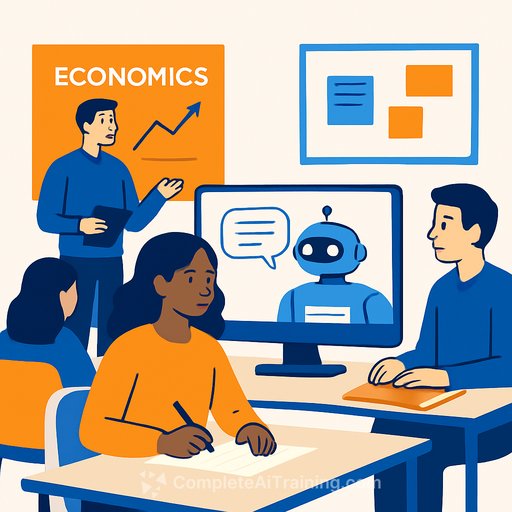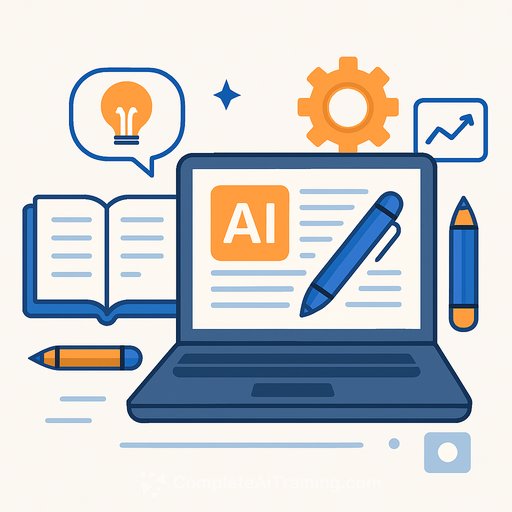Economist Reimagines Writing Courses with AI Integration
Professor Metin Coşgel at UConn is piloting a fresh approach to teaching writing in economics, one of the university’s largest majors. His new curriculum combines AI tools with traditional writing skills to better prepare students for today’s workforce.
As AI changes classrooms and careers, Coşgel asks a straightforward question: Can generative AI actually help students become better writers? He believes the key isn’t just in what students produce but in how they are guided through the writing process.
“AI can help with writing, but students need to be able to own their work and defend it along the way, not just generate a final paper at the end because the system allows it,” Coşgel explains.
This fall, he will launch a redesigned ECON 2500W course, a core writing-intensive class for economics majors. Supported by a Teaching Enhancement Grant from the College of Liberal Arts and Sciences (CLAS), the course integrates AI with hands-on writing instruction to improve skills and deepen learning.
His approach is detailed in a recent article co-authored with colleagues, outlining how AI can support writing as a structured, iterative process rather than just a tool for generating text.
“We don’t want students to be expert AI users; we want them to learn how to write well,” Coşgel says. “That means connecting AI with the required analog skills that we want them to graduate with.”
Teaching Writing Like an Economist
Coşgel’s research usually focuses on economic history and social dynamics, not technology. His interest in AI began unexpectedly when he chaired a faculty search connected to AI and machine learning. As he learned more, he became curious about AI’s role in teaching.
When named director of undergraduate studies in economics, Coşgel was charged with rethinking teaching methods in light of AI’s impact. The economics program enrolls over 1,000 students, all required to take at least one writing-intensive course.
He saw an opportunity to rethink assignments and assessments. Instead of focusing solely on a final paper, his model breaks writing into steps — outlines, drafts, discussion posts, presentations — giving students multiple chances to develop skills and reflect on progress.
“We want to put students in a situation where they do their own calculations, where they understand that using AI has benefits and costs in terms of not learning skills,” he says.
Coşgel tested this model in an honors course and will pilot the AI-integrated ECON 2500W this fall in two sections. By spring 2026, the plan is to expand it to all sections, with a standardized HuskyCT course to ensure consistency, especially for classes taught by graduate assistants.
Cross-Campus Collaboration on AI and Teaching
Coşgel’s work is part of a larger conversation at UConn about AI’s place in education. He served on a CLAS task force focused on AI’s opportunities and challenges and joined a Center for Excellence in Teaching and Learning (CETL) group discussing intentional AI use across disciplines.
Faculty concerns include academic integrity and how AI affects student learning. Coşgel observes two main attitudes: some want to ban AI outright, while others are eager to embrace it without fully considering the downsides.
“As economists, we know any time you do something there are costs and benefits,” Coşgel notes. “You do something when the benefits outweigh the costs. That makes it important to understand both when it comes to AI.”
Despite the risks, Coşgel sees promise in AI’s ability to democratize knowledge and accelerate understanding of complex topics. “The possibilities are endless, and it’s fascinating to see where it’s going,” he adds.
For writers interested in integrating AI tools thoughtfully into their workflow, exploring courses on AI-powered writing assistants and prompt engineering can provide practical skills to balance creativity and technology.
Your membership also unlocks:






